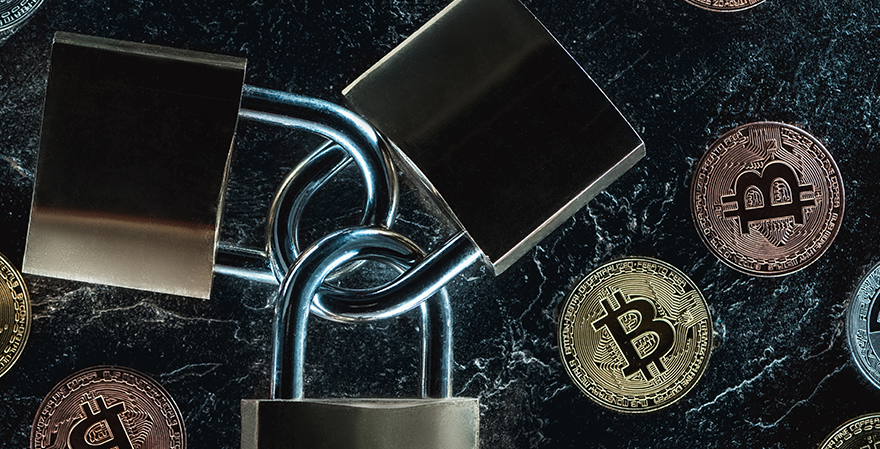The TikTok Dilemma: Legislative Actions Stir National Security and Free Speech Debate
 Mar/13/2024
Mar/13/2024
The US House of Representatives passed a motion to potentially ban TikTok, citing national security concerns tied to its Chinese ownership. This has sparked a complex debate on digital governance and civil liberties, with TikTok mobilizing its 170 million US users to influence lawmakers, highlighting tensions between global digital interconnectedness and national security.
In a move that marks a significant chapter in the ongoing saga of digital governance and cybersecurity, the United States House of Representatives recently passed a motion poised to alter the digital landscape for millions of Americans. This legislative action, aimed at TikTok, the social media platform owned by the Chinese firm ByteDance, underscores a growing concern among U.S. lawmakers regarding the potential for foreign adversaries to exploit technology platforms against American interests. The motion, which now awaits the Senate's scrutiny, is predicated on fears that Beijing could leverage its influence over TikTok to siphon data from American users or disseminate propaganda. The essence of this legislative push is not merely a testament to the geopolitical tensions that permeate the tech industry but also highlights the complexities of regulating the digital domain where global interconnectedness clashes with national security imperatives.
Amid this legislative turbulence, TikTok finds itself at a crossroads, facing an uncertain future in the U.S. market. The platform, which serves as a digital haven for 170 million American users monthly, has vociferously argued that the proposed measures infringe upon constitutional rights to free speech, framing the debate not just in terms of national security but also in the context of civil liberties. As the bill garners support, including a noteworthy endorsement from President Joe Biden, TikTok has mobilized its vast user base in a strategic effort to counteract the legislative momentum. By integrating a feature within the app that facilitates direct communication between users and their Members of Parliament, TikTok aims to harness the collective voice of its community to sway the legislative outcome. This development, emblematic of the broader discourse on digital sovereignty and the rights of users within the cyberspace, sets the stage for a nuanced debate that transcends the binary of security versus freedom, challenging policymakers and the public alike to navigate the intricate web of digital ethics, governance, and diplomacy.






















